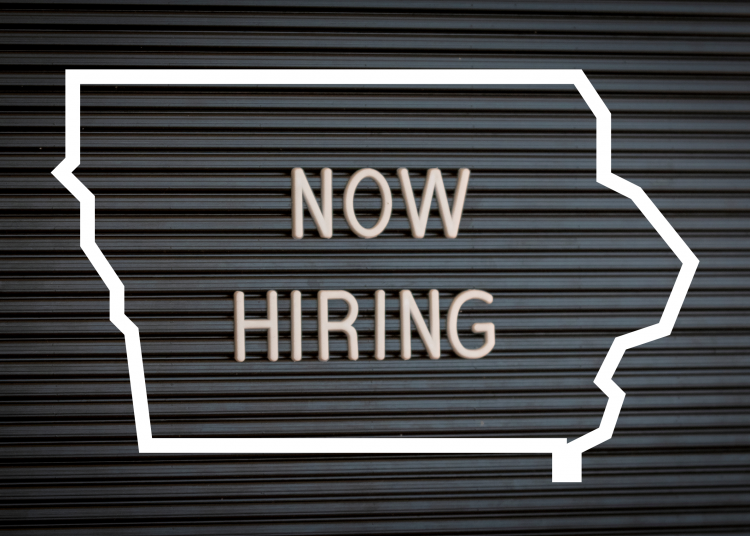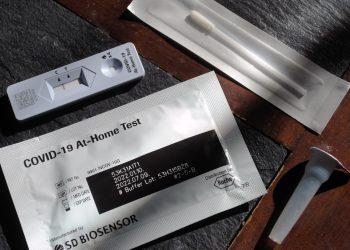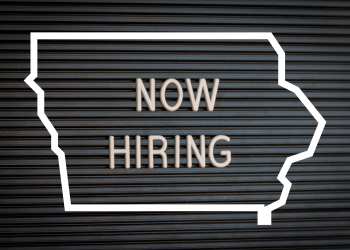(The Center Square) – Iowa ranked third in the nation for the largest decrease in unemployment last week compared with the start of 2020, according to a July 15 report from WalletHub.
Only South Carolina (66.67 percent) and Idaho (54.51 percent) had greater decreases in unemployment claims last week than Iowa’s (53.62 percent) when the numbers were compared with the start of 2020.
Iowa ranked sixth in the nation for having recovered most from the COVID-19 pandemic. Kentucky, South Carolina, Kansas, Arizona, and Washington ranked higher. The scores included in the ranking measured change in number of unemployment insurance initial claims in the week of July 5, 2021, compared to the week of July 8, 2019 (60 points), the week of January 1, 2020 (20 points), and the number of week of July 6, 2020 (20 points).
Iowa ranked sixth in the nation for the greatest reduction (19.28%) in unemployment claims compared with July 8, 2019, following the reductions in Kentucky (55.02%), Arizona (39.77%), Kansas (37.15%), South Carolina (29%), and West Virginia (26.72%).
The state’s initial unemployment insurance claims filed the week of July 3, 2021, were 1,942, which is 78 higher than last week and 8,015 lower than that week last year, the U.S. Department of Labor reported July 15. There were 256 continued claims for the week of June 26, down 312 from the prior week.
Pandemic emergency unemployment compensation continued claims, not seasonally adjusted, were 9,887, which was 3,544 less than the previous week. Without seasonal adjustment, there were 78 “advance” pandemic unemployment assistance initial claims, down 16 from the prior week. Advance claims are reported by the state liable for paying the unemployment compensation.
WalletHub analyst Jill Gonzalez said in an emailed statement that people who are unemployed should consider their long-term employment goals rather than waiting until benefits end to find work.
“Right now, many companies are experiencing labor shortages and are desperate to hire employees, which means that job-seekers have a lot of leverage and a lot of options,” Gonzalez said. “Now is an ideal time to start looking for a job in order to get the best compensation and most benefits possible.”
Gonzalez advised states against paying bonuses to people who return to work.
“The government has already done its job to get the pandemic under control with shutdowns and the vaccine, and it supported people and businesses with multiple stimulus packages,” she said. “Now that COVID-19 cases have dropped dramatically and the country has largely reopened, it’s time for the free market to function again.”
She said increased vaccination “should” contribute to further declines in unemployment and that companies should be able to require COVID-19 vaccination because “because they need to do everything in their power to keep their workers and customers safe.”
“The U.S. has already made big strides toward a full reopening,” Gonzalez said. “The more people who choose to get vaccinated, the smoother that reopening will be and the greater companies’ hiring capabilities will be.”
WalletHub reported that blue states, which ranked 29 on average, had a worse recovery from unemployment claims last week than red states, which ranked 23 on average. Red states and blue states are denoted based on how they voted in the 2020 presidential election, with red indicating Republican-voting and blue indicating Democrat-voting.















